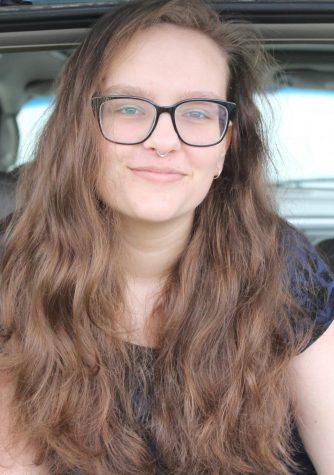Marshfield and Drugs: Do the Two Correlate?
February 26, 2018
MARSHFIELD, Mo.- Every school in America has problems with drugs, and Marshfield is not an exception. According to a new study by the National Center on Addiction and Substance Abuse, “About 17 percent of American high school students are drinking, smoking, or using drugs during the school day.” But is it really that much of an epidemic?
When tasked with the problem, the administration had this to say about the issue, “It’s like every other high school, I mean, the kids who are struggling with life they sometimes choose to self-medicate. I don’t know what goes on in their head and why they choose to do it. We just try to address the problems as they come, through self-awareness, and teaching the effects of it. And if somebody does struggle with that, we try to help them on the back side of that by providing resources or putting them in with contact agencies that can help them,” says Jeff Curley, principal at the high school. When asked about if drug rates have increased, Curley responded, “No, but that’s hard to tell. It’s not something that we deal with on a daily basis in the office.”
School Resource Officer John Everett stated that drug crimes are a year round issue. “It’s year round. Of course around 4/20 – April 20 – people would be a little more liberal as far as carrying it or wanting it. They tend to get sloppy around that time of year and make mistakes which I try to capitalize on.”
When asked about the punishment for drugs Curley said, “We start by following our student handbook, and a referral to the superintendent with the details of what happened. After that we self reflect about how we can help. We don’t want anyone’s life to be ruined because they made that poor choice at that moment in time.” The handbook starts with a ten day punishment out of school. Through punishment the school tries to teach users to not conform to drugs, but we first always try and help the student out with whatever they’re going through.
“For a school this size, our drug problem isn’t what I think it would be, which is good,” Everett says.


